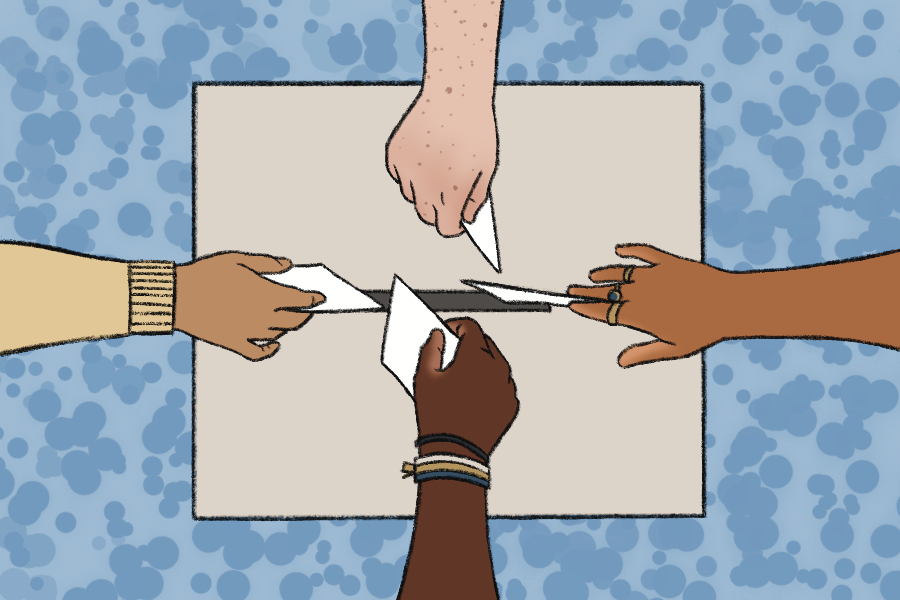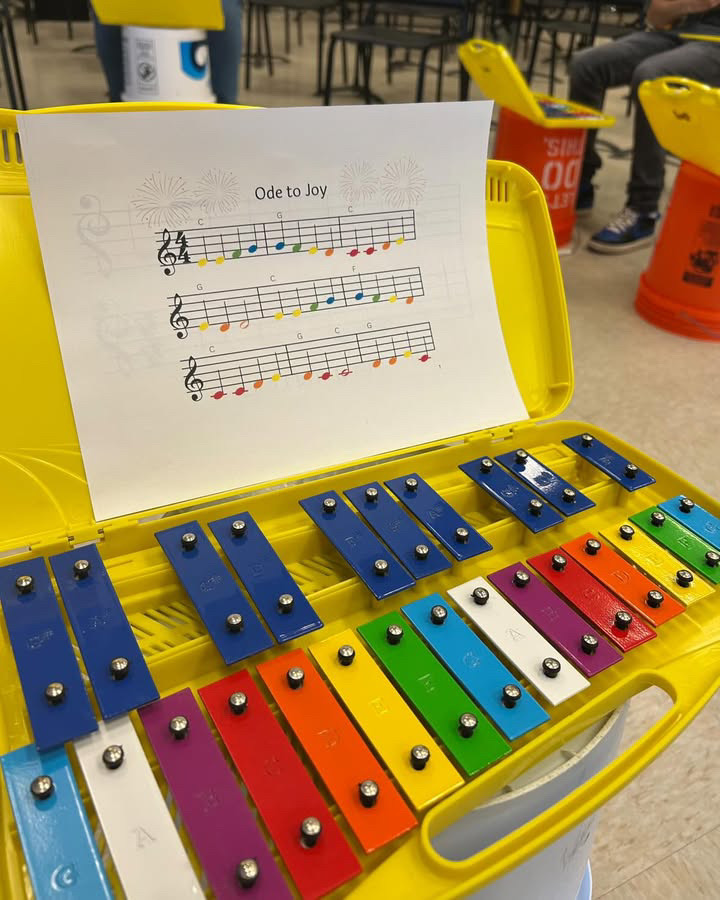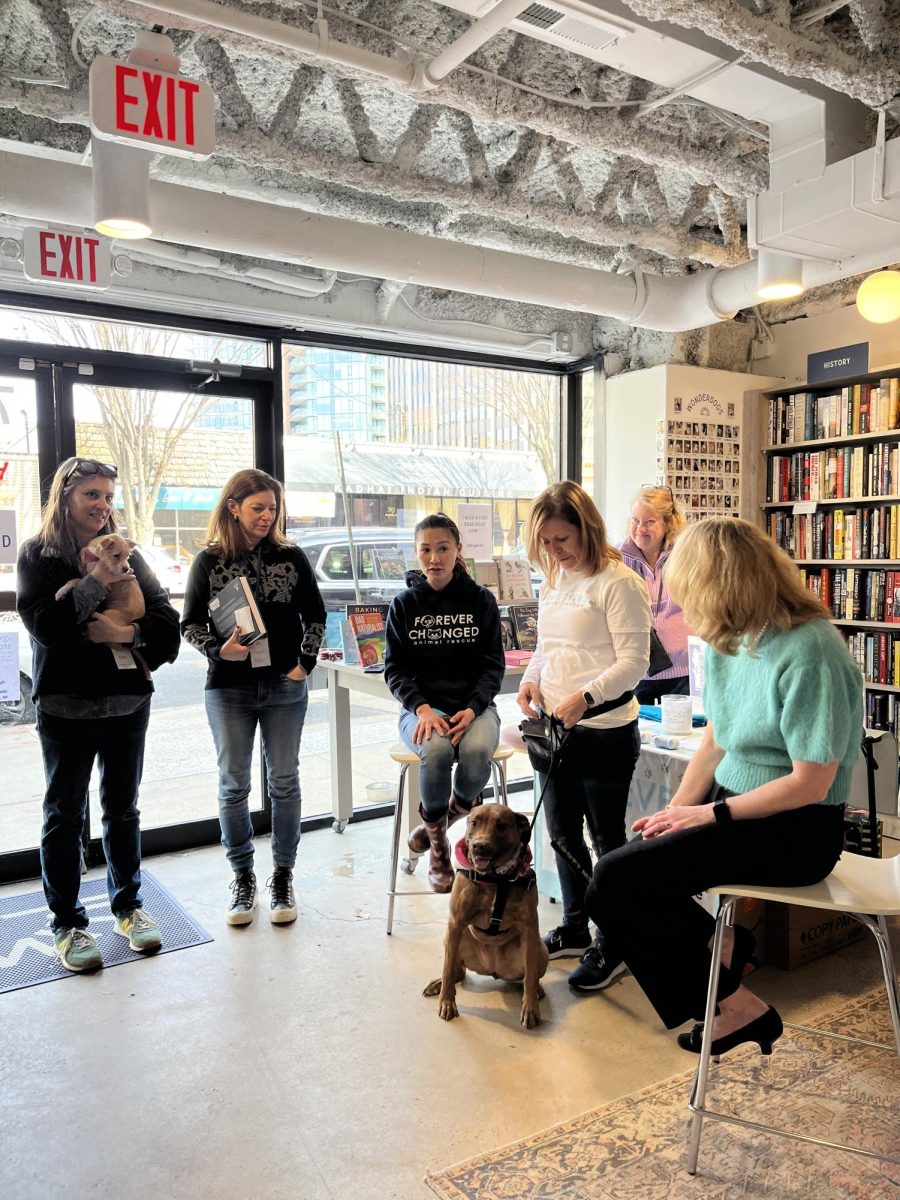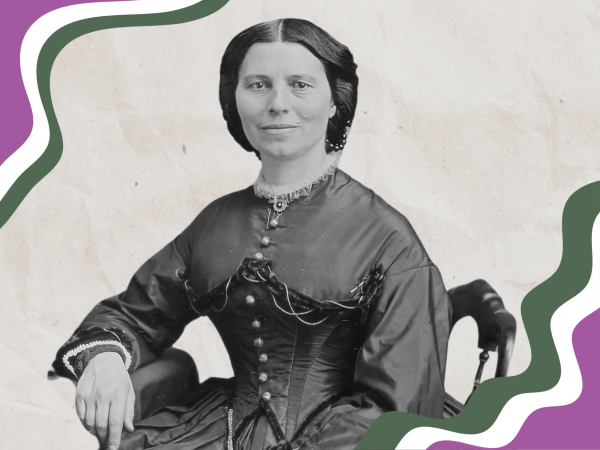First-time student voters reflect on historic midterm elections
On Nov. 8, Whitman seniors aged 18 and older joined 2 million Maryland residents in selecting the party that would take control of Congress, choose Governor Larry Hogan’s successor and elect other candidates for local office.
December 8, 2022
For senior Peyton Brundige, casting a ballot for the first time in the 2022 midterms meant more than simply participating in the democratic process. With the control of Congress and the Maryland governorship at stake, she knew that she had an opportunity to make a difference in this year’s election.
On Nov. 8, Whitman seniors aged 18 and older joined 2 million Maryland residents in selecting the party that would take control of Congress, choose Governor Larry Hogan’s successor and elect other candidates for local office. Voters also weighed in on ballot measures like marijuana legalization and renaming the Maryland Court of Appeals to the Supreme Court of Maryland.
The Supreme Court’s decision to overturn Roe v. Wade motivated students like Brundige to exercise their right to vote to make an impact in their community. When the Supreme Court overturned the landmark court case, the election took on a new level of importance because it could impact women’s rights over bodies, she said.
“Midterm elections are really important because the results determine who sits in the House and Senate chairs and ultimately who will control important decisions,” Brundige said. “Every single vote truly does count; we are given a voice in our country for a reason, so we need to use it and not take it for granted.”
Maryland voters chose Democrat Wes Moore replace the outgoing Governor Larry Hogan, a Republican. A writer and combat veteran, Moore put reducing opportunity gaps and achieving social equity at the forefront of his campaign platform, and will be Maryland’s first Black governor.
The Maryland House of Representatives added seven Democratic representatives and only one Republican. Democrat Chris van Hollen was also reelected to a second term in the Senate. In the highly competitive contest for Maryland’s 6th Congressional District — which includes parts of Montgomery County — incumbent Democrat David Trone edged out Republican Neil Parrott by just 25,000 votes after redistricting made the 6th district more conservative. Maryland also became the 21st state to legalize the use of recreational marijuana and homegrown cannabis.
Whitman was an assigned polling center in the eighth congressional district. One senior, who voted at Whitman, reflected on their experience as a first-time voter.
“It was pretty simple,” the senior said. “I went in and they asked for my name and address to verify that it was me. Then they gave me the ballot and I just filled it in.”
The outcome of the midterms reflected the significance of youth vote across the country. Voters under 30 years old, who are mostly Democratic, “canceled out” the votes of Republican voters over the age of 65. Despite only making up 12% of the voters in the midterms, young voters boosted Democratic candidates in every race, according to ABC exit polling.
For senior Roman Gehres, the ability of young voters to sway the outcomes of competitive elections underscores the importance of all eligible students voting in future elections.
“There’s a huge problem with the youth in this country not voting,” Gehres said. “Everybody’s vote matters – especially the people that are going to be making decisions in the next 30 years.”










